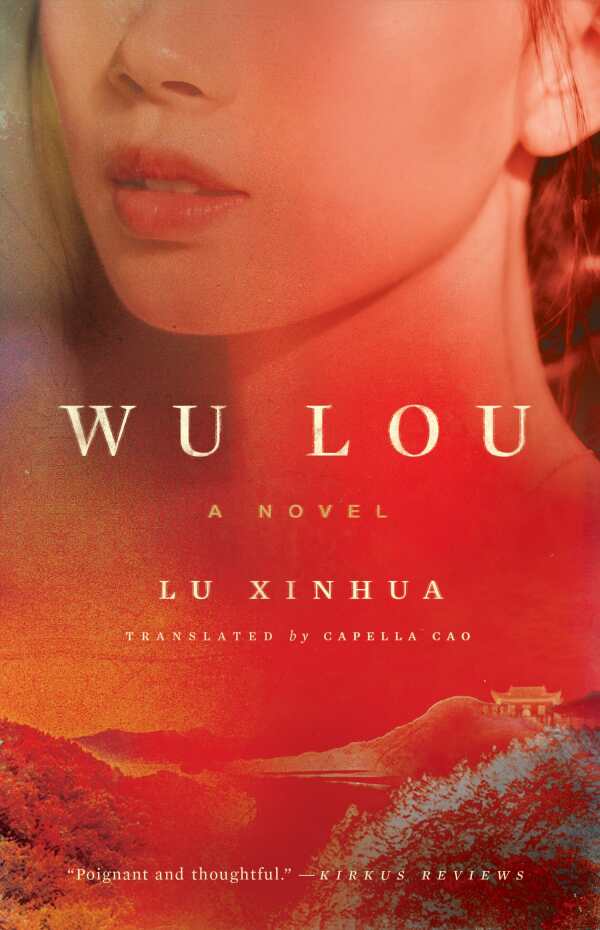Wu Lou
- 2024 INDIES Winner
- Silver, Religious (Adult Fiction)
- 2024 INDIES Finalist
- Finalist, Multicultural (Adult Fiction)
Spanning decades, including China’s Cultural Revolution and the Vietnam War, the historical novel Wu Lou is both poignant and tragic.
In Lu Xinhua’s affecting, ultimately hopeful historical novel Wu Lou, love, philosophy, and joy are found in war-torn Cambodia and loss-stricken Los Angeles.
The novel oscillates between timelines and perspectives. Part of it focuses on Terry, a struggling LA writer whose wife, Lily, is disapproving, but who is himself warm, inviting, and personable. When Terry runs into Miller, who he knows from his time working at a casino, he is overjoyed and takes a photograph of him. Later, he shows Miller’s photograph to his real estate agent, Tutu. Tutu recognizes Miller from more than forty years ago, when he was her beloved brother monk, Wu Lou. Tutu recounts a shocking story about herself, Wu Lou, and her former fiancé Wu Huaiyu. She is earnest and self-effacing as she recalls falling in love with the monk, being rejected, and then finding herself caught between Buddhism and the secularism of the Khmer Rouge.
Cambodian, Vietnamese, and Chinese history wend into the novel, whose prose reflects oral traditions well. There are lush descriptions of the Cambodian jungle; Terry imagines lotus flowers in a casino setting; and there are evocative images throughout, as of how
on a beautiful autumn night, the full moon rose gradually from behind the whirling trees and hung high in the sky. White clouds, like a veil, kept wrapping around the moon’s bright face. The birds seemed to have returned to their nests. It was quiet, but one could hear the endless chirping of the autumn insects.
People’s relationships are often sweet and gentle, despite rough historical circumstances; they exchange kind words and philosophical kernels of wisdom. Even Wu Huaiyu, who was part of the Khmer Rouge, is humanized via his backstory, which covers his upbringing and shows what incentivized him to join the violent revolution. He is averse to Wu Lou’s way of living, resulting in tension.
As the book progresses, some scenes are belabored, and some anecdotes are interrupted by secondary anecdotes, compromising the book’s sense of focus. Still, it works toward the poignant revelation of a tragedy at a steady pace. Further, powerful sentiments are revealed throughout the book, which exemplifies feelings of joy, despair, conflict, faith, and resolve to keep on hoping.
Wu Lou is a timeless historical novel about regaining a sense of personal meaning in the midst of harsh circumstances.
Reviewed by
Natalie Wollenzien
Disclosure: This article is not an endorsement, but a review. The publisher of this book provided free copies of the book and paid a small fee to have their book reviewed by a professional reviewer. Foreword Reviews and Clarion Reviews make no guarantee that the publisher will receive a positive review. Foreword Magazine, Inc. is disclosing this in accordance with the Federal Trade Commission’s 16 CFR, Part 255.

